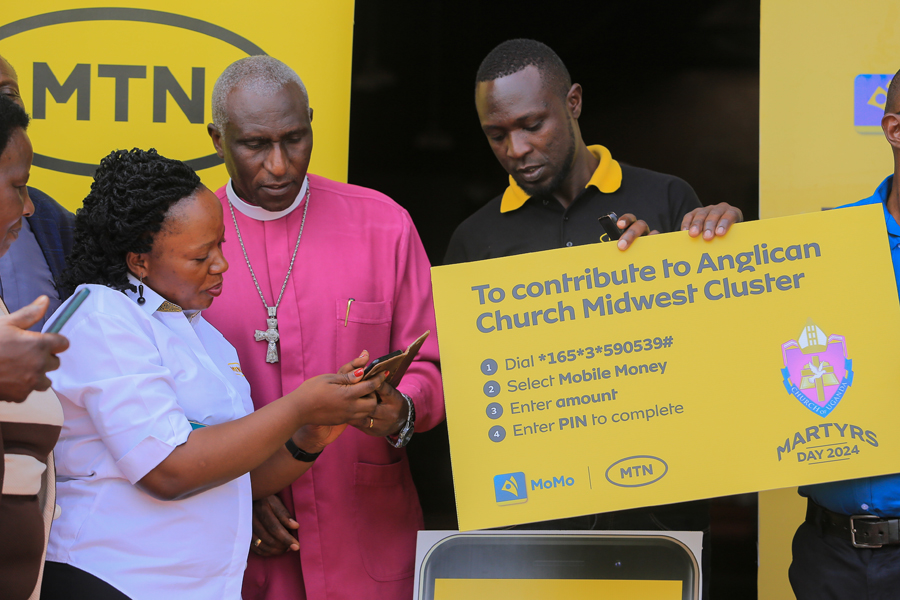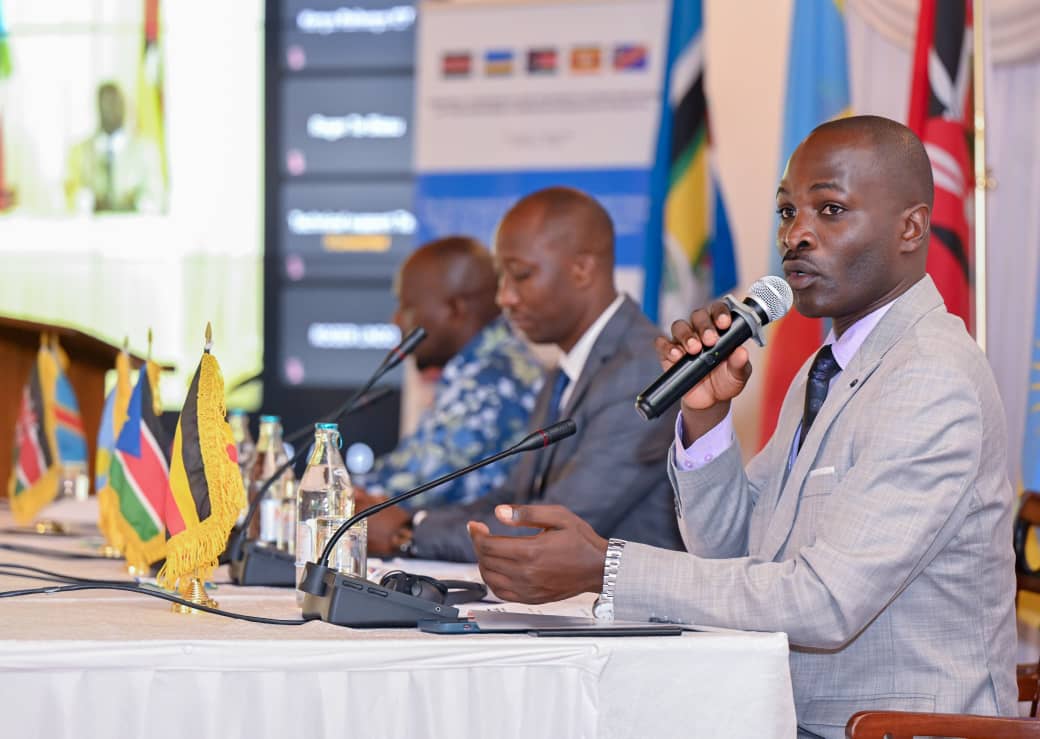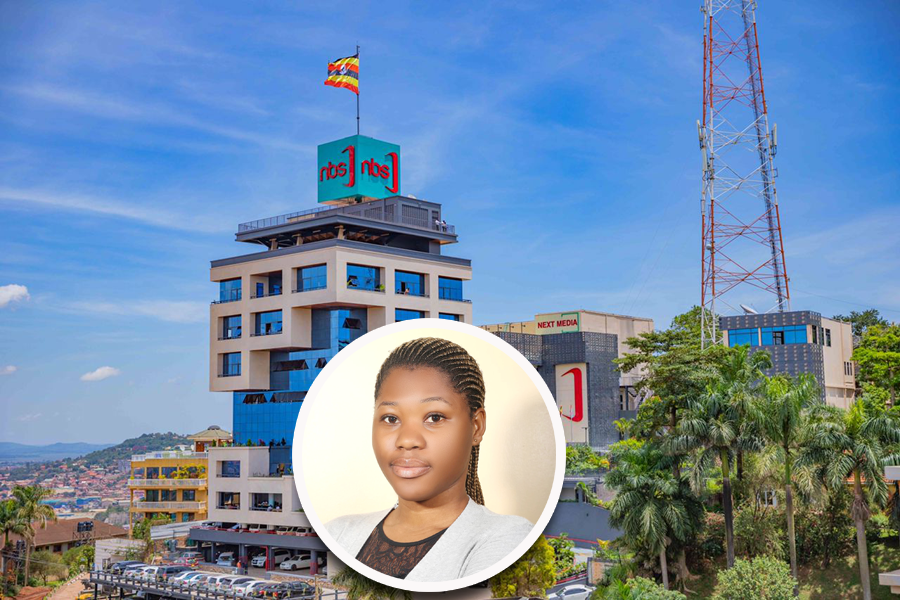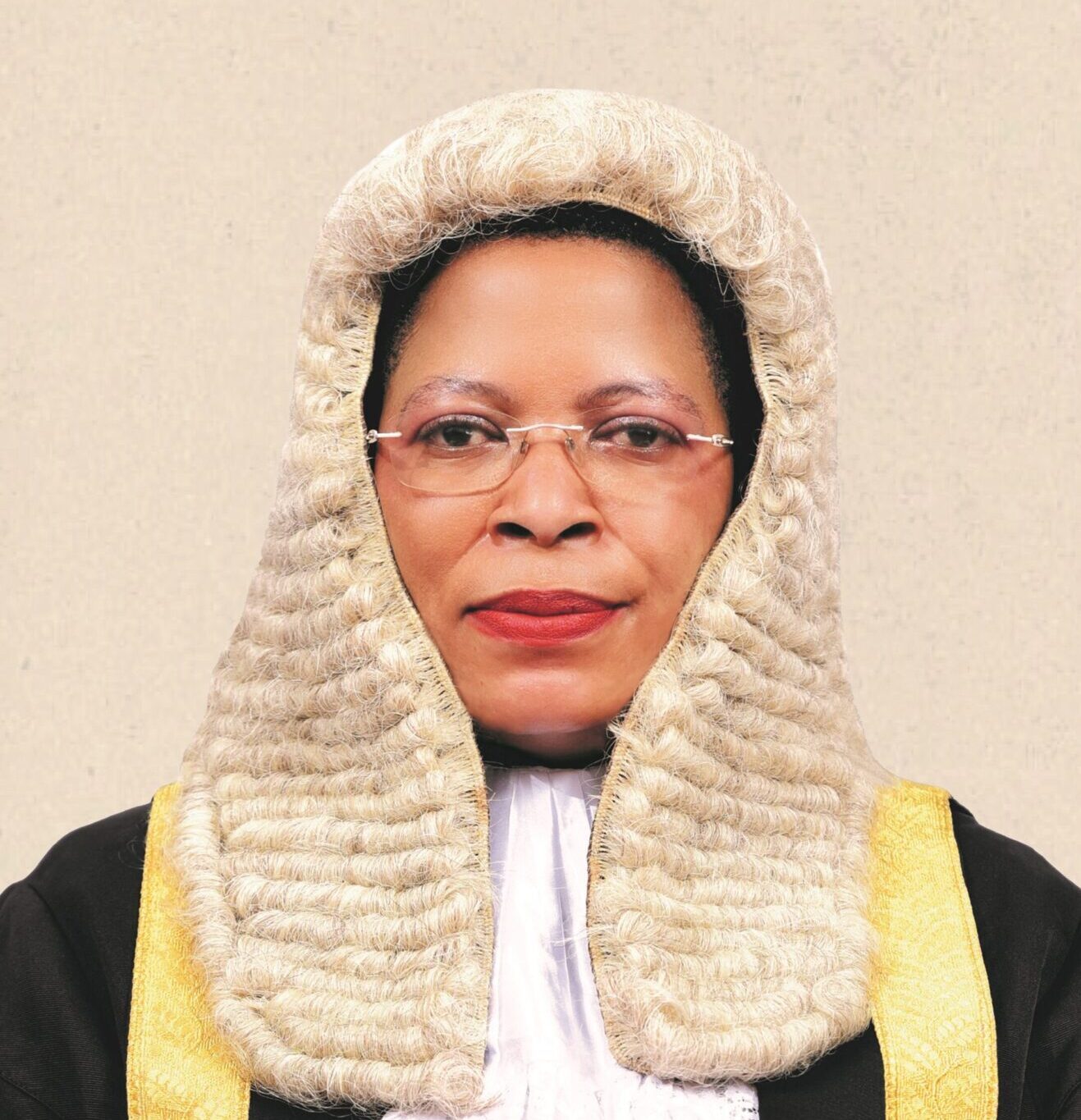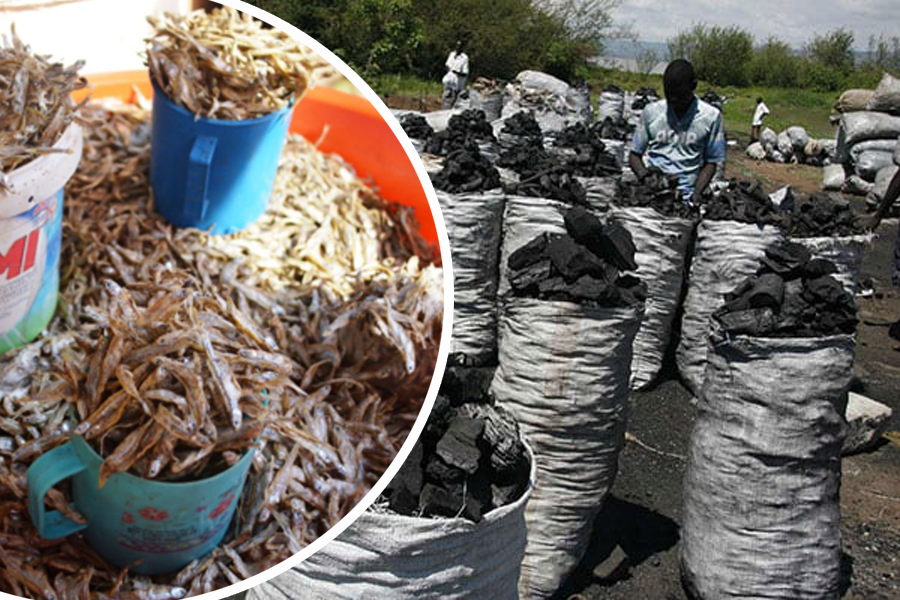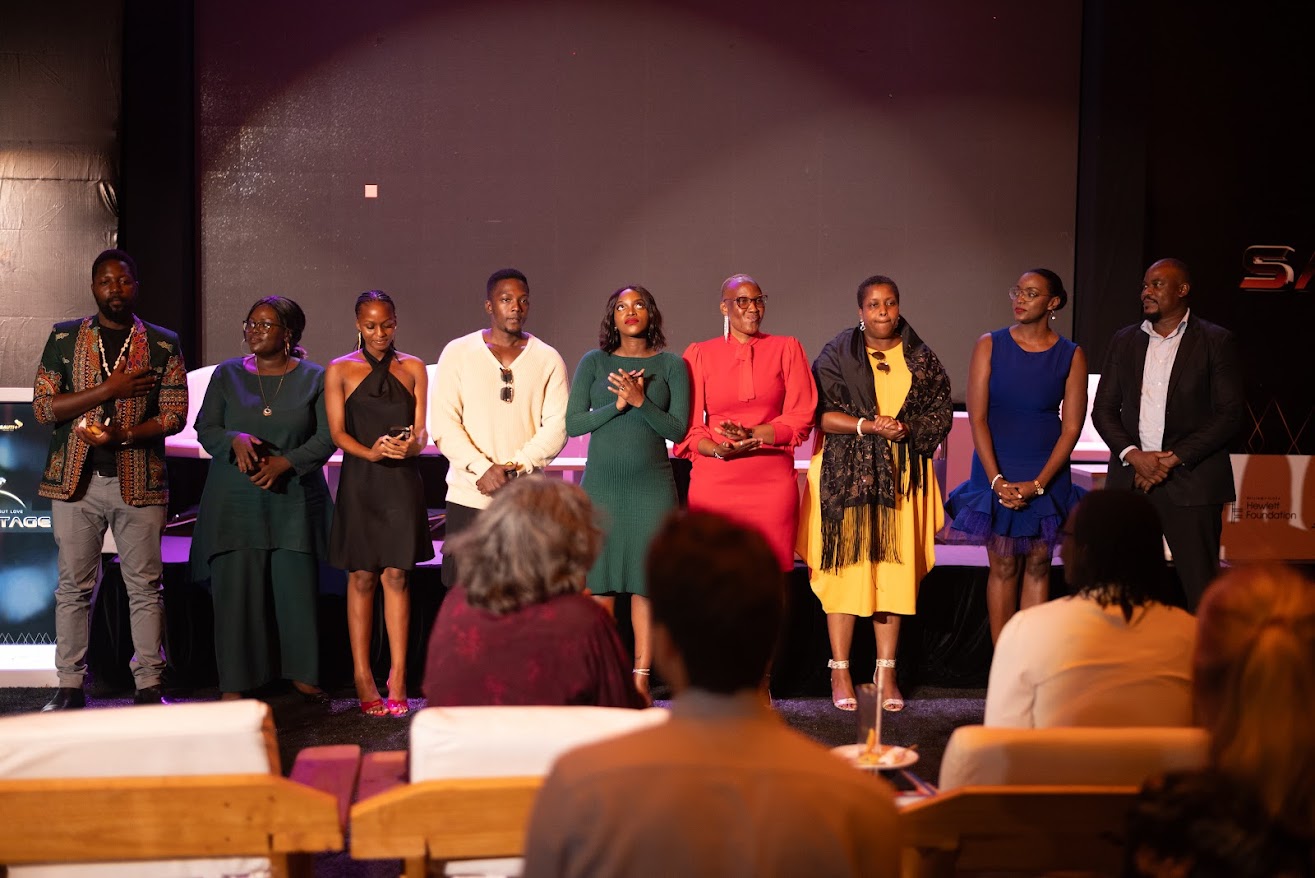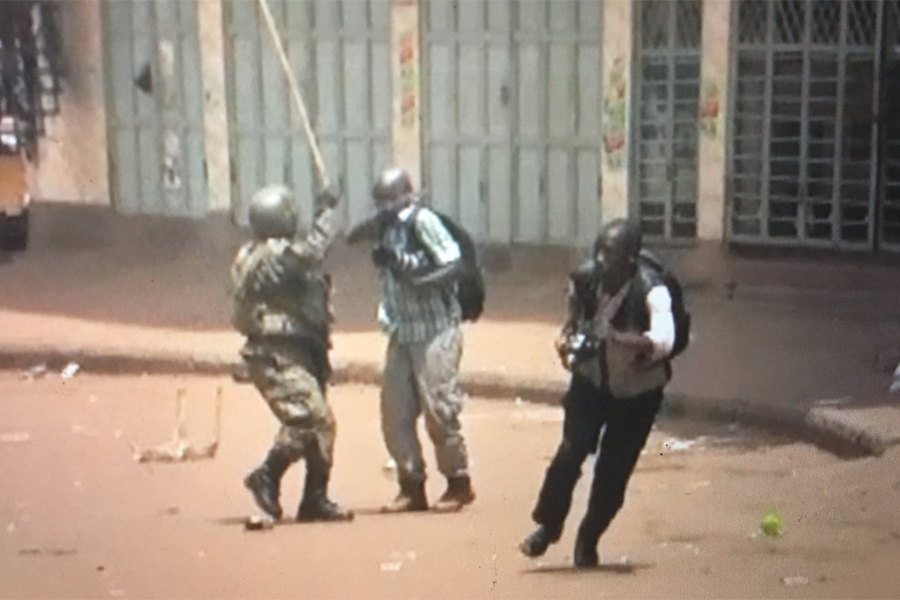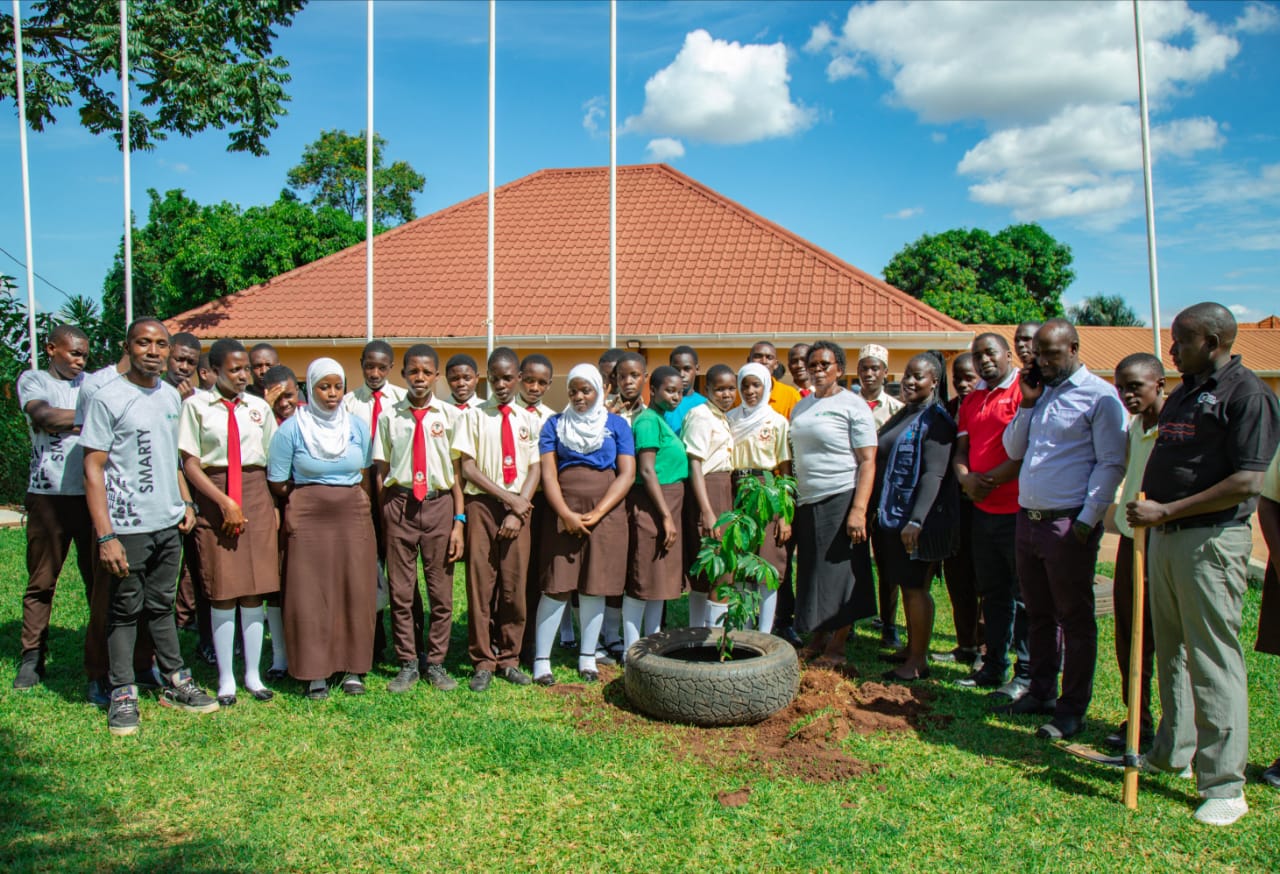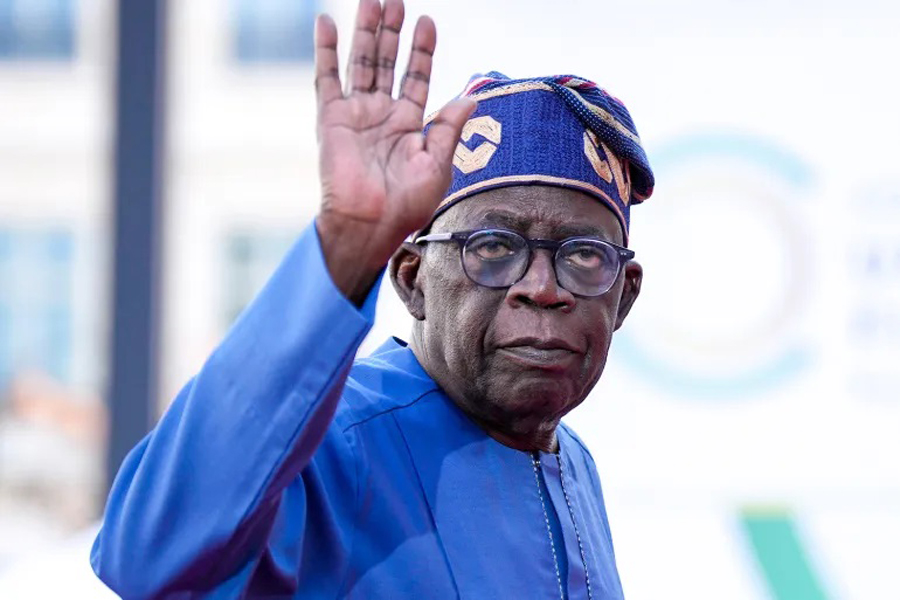Rwandans in Uganda, friends reflect 30 years after genocide
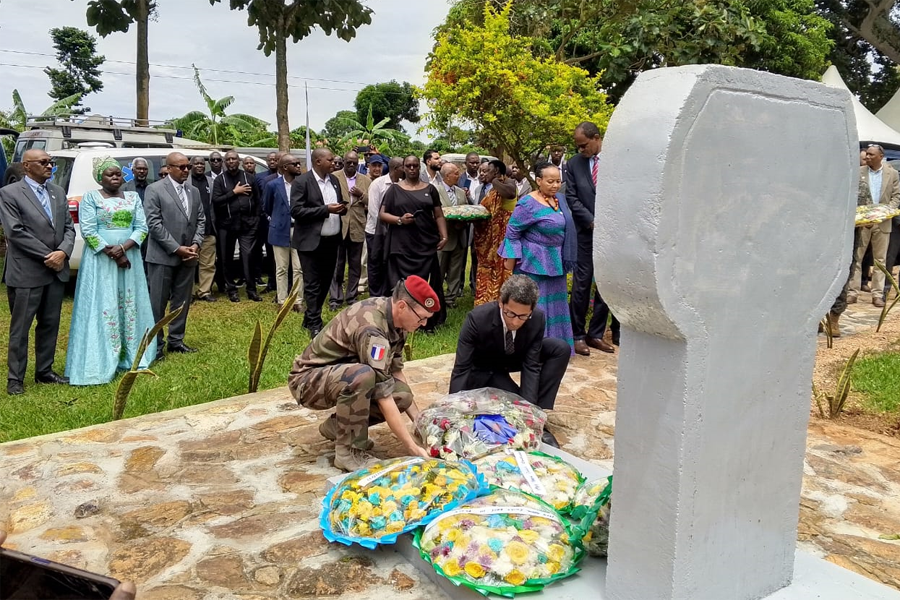
Remembering the genocide invokes a profound sense of duty among nations to uphold peace and unity.
Thirty years down the road, the wounds inflicted on humanity in Rwanda back in 1994 still feels festered to both the past and contemporary generations across the world hence a formidable base to learn from the worst human atrocity.
To reflect on the past mistakes that would perhaps be avoided, hundreds of dignitaries led Rwandan High Commissioner in Uganda, Rwandan community in Ugandan and the Diplomatic Corps have embraced the 30th commemoration of the 1994 Genocide against the Tutsi at the Ggolo Genocide memorial site in Mpigi District.
Remains of some 4,000 victims of the ethnic killings were laid to rest at Ggolo.
"The Genocide against Tutsi in Rwanda took lives of more than a million Rwandans. The genocide was organised and executed in full view of the International Community, which stood idle and watched as it unfolded," said Col Joseph Rutabana, Rwandan High Commissioner to Uganda.
"Remembering the violent history of our own and other countries concerns us all in the present and for the future, so we learn not to repeat the mistakes and crimes from the past, and so that genocide can never happen again," said Huda Oleru Huda, minister of state for defence and veteran affairs.
She added: "Remembering the victims of such atrocity reconnects us to our humariness and at the same time teaches us about the failure of humanity because of indifference and apathy.
"Remembering genocide is relevant today, because globally we see a steady rise in hate crime motivated by discrimination and bigotry: This is precisely why we need to wake up now and bring back empathy for the suffering 'others' near and far through remembering."
In 2023, UNESCO's World Heritage Committee added four genocide memorial sites in Rwanda to the list of World Heritage Sites, and after the 15th anniversary of the genocide, three memorial sites were created in Uganda at Lambu, Kasensero and Ggolo.
Listing a memorial site will enable the entire World to learn more about and draw lessons from the history of the Genocide which Rwanda shares with the whole International Community.
With years rolling down, the victims of Genocide have lived to share the worst experience.
"We recognise the survivors' resilience and willingness to forgive. As we mark the 30th commemoration of the genocide," Minister Oleru said.
"We reflect on the importance of unity and reconciliation in building a peaceful and prosperous society. We recognise the crucial role of reconciliation in ensuring sustainable peace, stability and the remembrance of this day according to many should be used as a moment of deep reflection and opportunity to adapt strategies to counter bigotry and hate speech."
To avoid a repeat of the past, dignitaries stress that genocide happens when humanity's moral compass fails, hateful ideologies proliferate and state-sanctioned dehumanization of an entire group is allowed to spread.
In order to secure a future with peace, unity and dignity we must firmly speak out about all forms of racism and discrimination, addressing the root causes of conflict and violence and taking swift action to prevent them.
This significant event, under the banner of 'Kwibuka30', is a call to Ugandans and Africans at large to reaffirm their unwavering support to the prevention and fight against genocide and to ensure that it never happens again.



